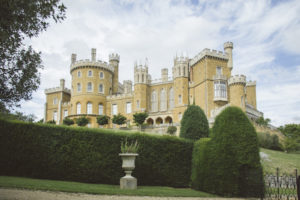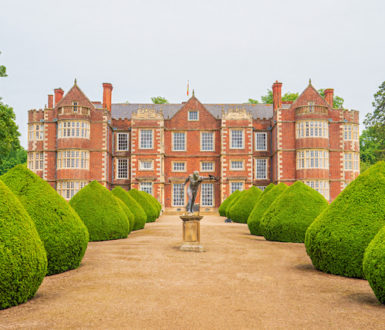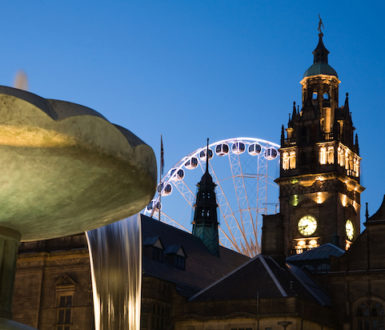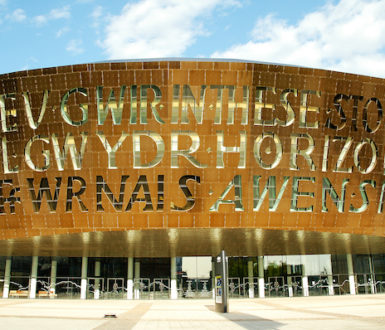The right way to say British place names

Some British place names are famously difficult to pronounce. They can also be difficult to guess – even for people who are fluent English speakers.
There are many famous upper class ancestral homes that are not pronounced the way they are spelt, but the problem exists right across Britain, from tiny villages to large cities. The ‘new’ town of Milton Keynes in Buckinghamshire is good example. Within Milton Keynes there are three areas: Broughton, Loughton and Woughton. Logic would suggest that the names rhyme. Unfortunately they do not. They don’t even follow pronunciation guides for normal words. For no clear reason, Broughton is pronounced ‘bror-tun’. Loughton is ‘lau-ton’ and Woughton is ‘woof-tun’.
As you can see, there is no way to guess – you just have to learn…
Here are some more examples that are worth knowing:
- Aberystwyth – a-ber-ris-twith
- Alnwick – ann-ick
- Beauchamp – beech-am
- Beaulieu – be-oo-lee
- Belvoir – bee-ver [Belvoir Castle is pictured above]
- Berkeley – bark-lee
- Berwick – bear-rik
- Berkshire – bark-sher
- Bicester – bis-ter
- Carlisle – car-lye-el
- Chiswick – chis-ik
- Cholmondeley – chum-lee
- Cymru – cum-ree
- Durham – du-rum
- Edinburgh – edin-bru
- Gloucester- glos-ter
- Greenwich – gren-idj
- Grosvenor – grove-ner
- Harewood – this grand Yorkshire house used to be pronounced har-wood, but in 2021 the earl of Harewood changed the official pronounciation to hair-wood because that’s how most people said it.
- Hertfordshire –hart-ford-sher
- Kilconquhar – kin-yook-er
- Leicester – les-ter
- Llandudno – clan-did-no
- Loughborough – luff-bru
- Magdalene College, Cambridge – mord-lin College
- Magdalen College, Oxford – mord-lin College
- Marylebone – mar-lee-bone
- Milngavie – mill-gye
- Reading – red-ding
- Shrewsbury – shroves-bri (sometimes)
- Teignmouth – tin-muth
- Warwick – war-rik
- Worcestershire – wooss-ter-sher
- Urquhart – urk-urt
Image: Kudrik/Dreamstime



